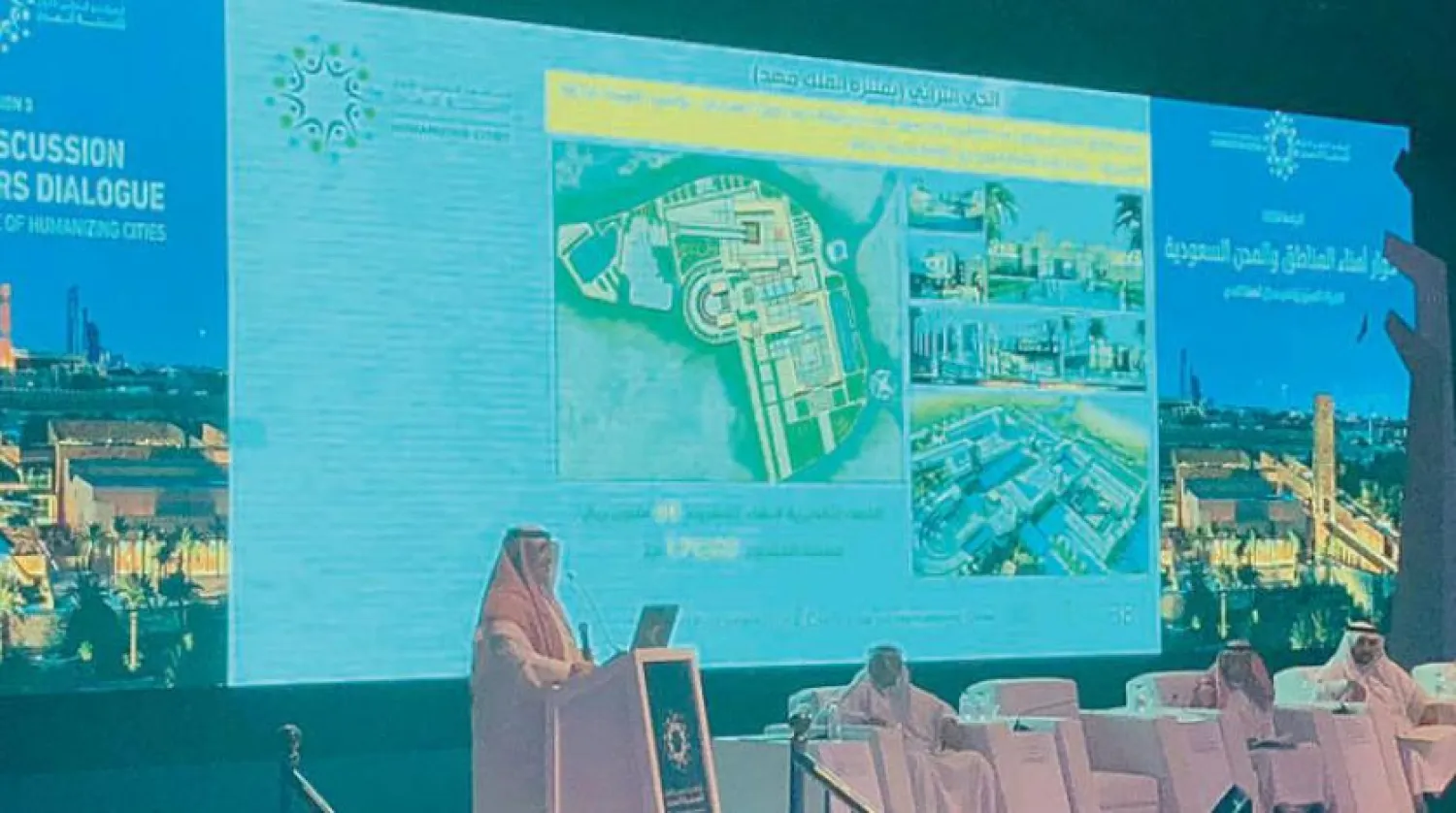Saudi Arabia's Ministry of Economy and Planning (MEP) is working to implement the goals of Vision 2030 to humanize Saudi cities by identifying the competitive advantage of each region and aligning them with the goals of the vision and applying them effectively.
MEP's Undersecretary Hamad al-Wahaibi indicated that the role of the Ministry is no longer planning as it was since the seventies, but has become a focus on the competitive advantage enjoyed by all regions and cities of Saudi Arabia, and benefit from it in tourism, industry, smart cities and others.
Speaking on the sidelines of the first day of Humanization Program Conference, held at the University of Taibah in Madinah, Wahaibi said that Vision 2030 has identified 12 urbanization programs focusing on improving the quality of services, focusing on the needs of the regions and highlighting their competitive advantage.
The Undersecretary indicated that each region has its own advantage, whether agricultural, touristic, industrial, or smart cities.
"The results of achieving the Vision will reveal their impact in the regions," he stated, adding that to ensure the achievement of the objectives, a permanent seat for a representative of the Ministry has been allocated in all these programs.
"We live in an extraordinary time, certainly one of the unprecedented challenges," Michael Mihavi, Director of the Future Public Spaces Network in Stockholm and Executive Director of Sustainability, Stockholm.
"Urban science is a new science that has been created to push heritage and cultural cities, human capabilities, and the challenges we face, including technologies, cultures, terrorism, and environmental and economic problems," said Mihavi.
Cities create new opportunities and raise the quality of cultural and heritage services, but there is the problem of few sources, population explosion and lack of services, Mihavi explained, adding that economic and environmental factors in cities must be addressed.
Mihavi warned that the exclusion of part of the population is very dangerous, calling for the need to take advantage of public places.
Asked if cities should be "smart", Mihavi announced: "I think if we use smart cities, it will be an addition to what we are doing now. What we need to know is that there is room to introduce technology, and to redefine smart cities, and what they are based on. There are opportunities to introduce this, but there is a great danger in market strategy that can affect it."
For his part, secretary of Baha Region Ali al-Sawwat pointed out that visual deterioration has occurred for some time due to the rapid growth of development. This is not only in Saudi Arabia, but in all cities of the world because of the network planning that did not take into consideration urban planning.
"In the municipal sector, we did not focus on the citizen who is the center of development. We have concrete cities, which increased the isolation of the people" asserted Sawwat.
The Undersecretary affirmed that Saudi cities have a great responsibility to improve human life in the cities. "We caused visual pollution. We are working on three phases to address the visual pollution in the cities. The first phase is cleaning urban facades in cities, re-modeling the visual formation of the cities, and working to sustain urban life," he added.
Saleh al-Hathlul, former Undersecretary of the Ministry of Municipal Affairs, defended the ministry saying those who distort the cities are their residents.
"We need to work together with the general public. There should be an orientation for ministries to participate in community planning," he concluded.









